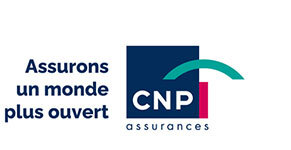Should enhanced-return savings vehicles be trusted?
Unit-linked vehicles gave life insurance a new lease of life after low interest rates had taken their toll, but turbulent stock markets have now curbed enthusiasm again.
With today’s low and even negative interest rates, insurers are deterring investors from 100% euro-denominated policies by charging high fees and by making access to them conditional on purchasing unit-linked investments too. With unit-linked products, investors’ capital is not guaranteed since it is invested in asset classes such as equities, bonds and property. In 2019, unit-linked investments’ share of new life insurance policies in France rose from 23% in January to 41% by December.
During the first quarter of 2020, the pandemic brought the economy to a standstill and sent all the world’s stock markets into a tailspin, causing investors to switch into lower-risk life insurance vehicles. As a result of the lockdown, savings leapt 20% in France, with around €60 billion being channelled into current accounts, passbook savings and other PEL home-savings accounts paying minimal, if any, returns.
With the future fraught with uncertainties, savers are turning to the most secure and liquid investments. That poses yet another challenge for life insurance, which, it is now clear, will have to deal with a net outflow in 2020.
CNP Assurances is pushing ahead with the overhaul of its savings business.It wants to get the message across that “unit-linked” does not necessarily mean “equities” and the “stock market” and thus high risks. Its goal is to persuade investors to diversify their long-term savings and to help them protect their capital without sticking solely with capital-guaranteed euro-denominated products. It has established a strategic initiative with a creative, no-holds-barred approach to restore savers’ trust in enhanced-return investments.
